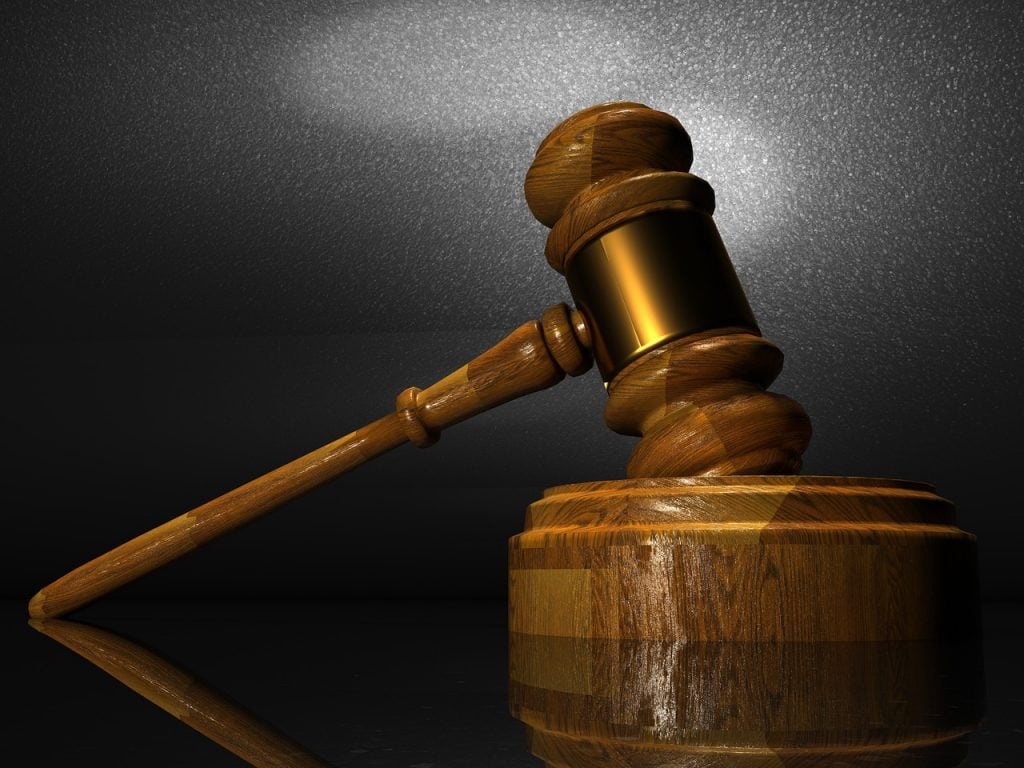Former police officer Derek Chauvin has been convicted of murder in the death of George Floyd, but the verdict might have been very different if his defense had employed a simple but very effective tactic, says public interest law professor John Banzhaf, who has advised lawyers representing other criminal defendants.
Q1 2021 hedge fund letters, conferences and more
To find him guilty of any of the crimes with which he is charged, the prosecutor is required by law to prove, beyond any reasonable doubt, that Chauvin's actions in pinning Floyd to the ground caused his death.
In other words, if Floyd had not been pinned to the ground, there must be no doubt whatsoever that he would be alive - despite his various medical conditions, his apparent ingestion of several dangerous drugs, his own violent exertions and excited state in resisting arrest and in being placed in a car, his articulated fear of being shot, the actions of the other officers before Derek Chauvin's knee was applied to his back, etc.
One way to cast doubt - a doubt which would at least be a reasonable one- would have been for his attorney, Eric J. Nelson, to have arranged for an actual demonstration; probably videotaped if it could not be done live in the courtroom.
Derek Chauvin's Best Defense
In the demonstration several large African American males - of approximately the same age, height, and weight as Floyd, but with no medical conditions or drug use - would be pinned to the ground in the same manner as Floyd by a man of approximately the same size and weight of Derek Chauvin, and kept in that position for some ten minutes.
During that time their blood oxygen level, EKG, blood pressure, pulse, and other vital signs would be carefully monitored and called out, and medical personnel equipped with a tank of emergency oxygen, a portable defibrillator, and other appropriate medical equipment would of course be standing by just in case.
If Nelson's claim is correct, all such test subjects would not only survive, but probably would also remain conscious and suffer no serious ill effects, from the knee to the back of the neck.
Such a demonstration would cast very serious doubt, much more than simply a reasonable doubt, that Derek Chauvin's chest compression - and not all of the other factors which can magnify medical risk - caused Floyd's death.
Dueling medical experts testifying as to the various possible causes of Floyd's death may not be very convincing, especially in a case as emotionally charged as this one, and where so many commentators seemed to assume as a fact that the knee to his back caused Floyd's death.
A picture is said to be worth a thousand words, and a live (or even videotaped) demonstration would be even more powerful in persuading lay jurors of this key contested fact, says Banzhaf.
If 3 or 4 or more African American volunteers, subjected to exactly the same knee compression as Floyd, not only survived the same actions but did not even lose consciousness, it would be very difficult for any jury to conclude that these same actions under very similar conditions were the cause of Floyd's death, and especially to reach that conclusion beyond any reasonable doubt, argues Banzhaf.
Such an actual demonstration, had it been performed, would certainly have seriously undercut - if not totally destroyed - the credibility of the prosecution's experts, such as Dr. Martin Tobin who testified that “a healthy person subjected to what Mr. Floyd was subjected to would have died.”













